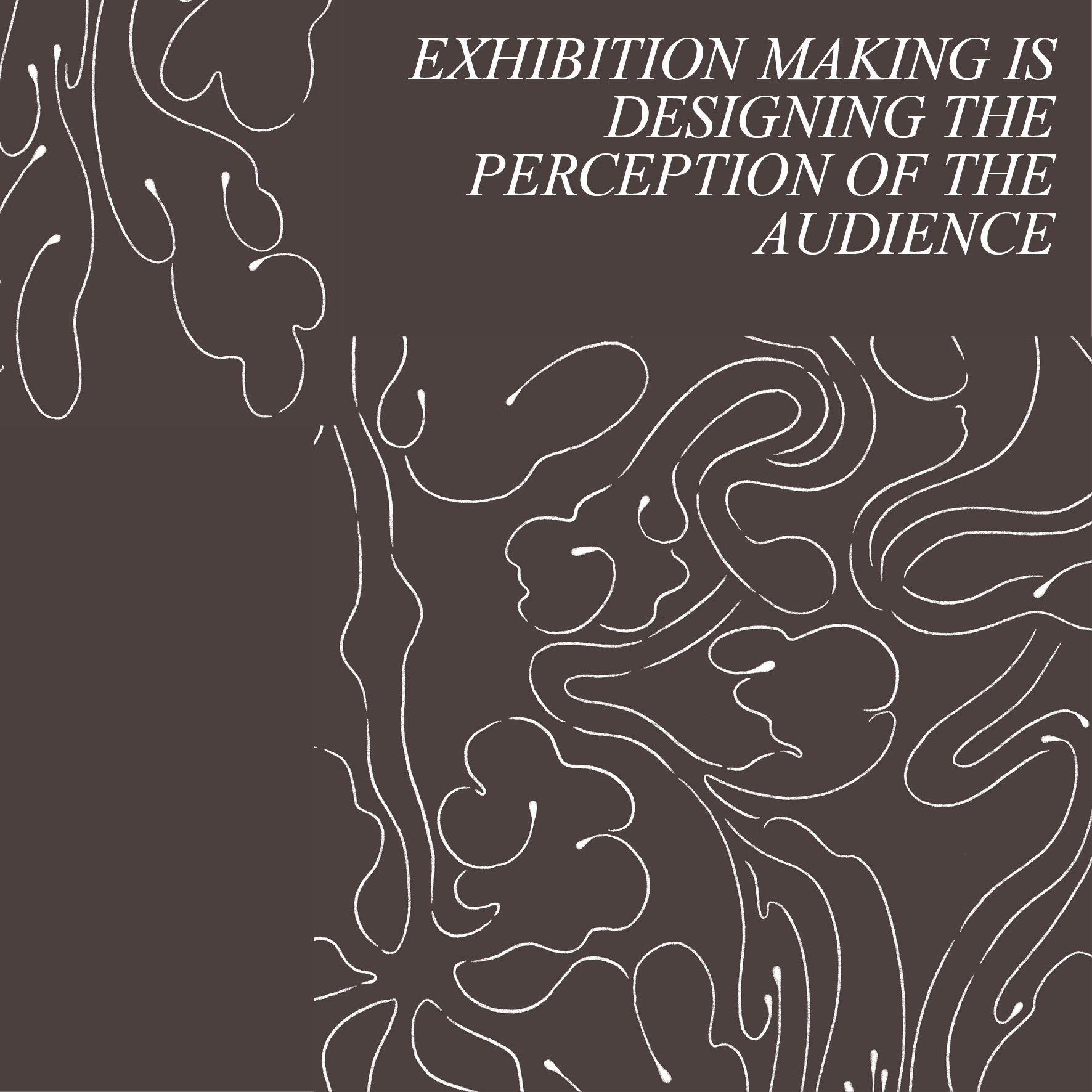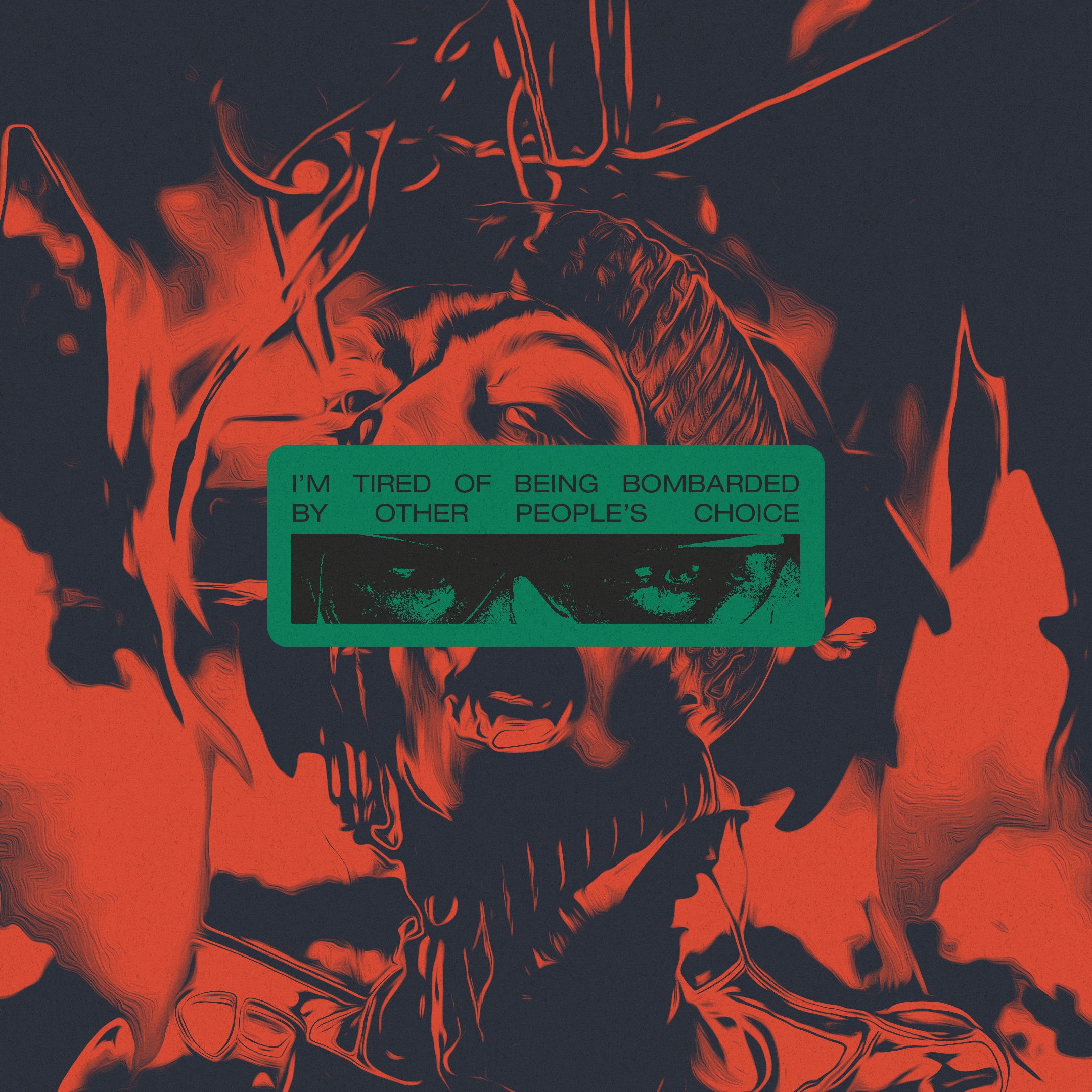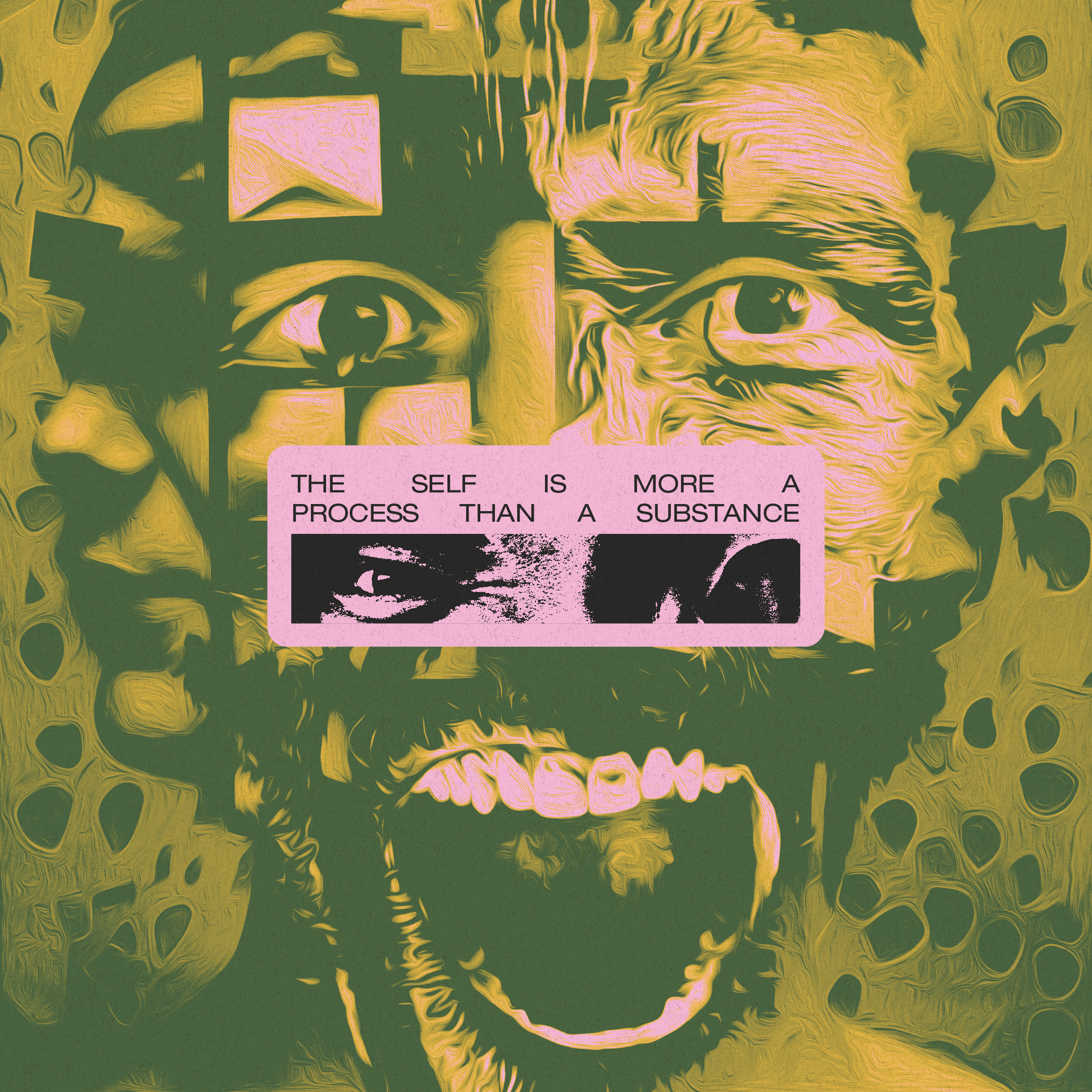Gaza – When Beyond the Norm Becomes the Norm

Episode 10 of the «Timezones» podcast series reflects the digital reality of being together as a people, thus shedding light on the challenges of working as a Palestinian artist today.




Episode 10 of the «Timezones» podcast series reflects the digital reality of being together as a people, thus shedding light on the challenges of working as a Palestinian artist today.




Since the advent of COVID-19, Algerian youth, artists, and studios have taken to TikTok to sell and promote the latest raï hits. One unique way for young people to engage in musical sociality is through so-called «sonic gifts».




IR :: Sankara Future Dub Resurgence perform a ceremony for an anti-colonial future, recorded live at the Dub Museum in Kampala, Uganda.




A Timezones episode around the stories and sounds of Mount Makiling in the Philippines. A mythical site of tremendous importance for many Filipino artists.




What happens when young musicians leave their hometowns or their places of study and head for another city? Jakarta-based journalist Gisela Swaragita remembers her own case and looks back to her study-years in the South-Central Javanese metropole, Yogyakarta.




This podcast reveals the current situation and condition of art in Yogyakarta by tracing artistic works and cultural actions from the early days of the national awakening to contemporary times. A series of statements, poems, plays, songs, and conversations.




An exploration of Dhaka’s transformation towards digitization and its ramifications for artists living and working in the capital of Bangladesh.




Curating exhibitions has often been a one-dimensional endeavor. Here, the curator Basak Senova suggests an approach that prioritizes constant feedback between artists and audience, as well as improvisation.




In this photo essay, Monia Acciari visualizes a curatorial process attempting to reconcile intimate and public absences, loss, and creativity.




As a child, our writer made mixtapes out of recorded radio shows. In this personal essay, she explains how she disobeyed the station’s official music curation.




Even at a time of fragmented digital selves, people often align with a single self-description, suppressing their multiplicities. In this essay, our author attempts to re-sample the embattled term (self-)curation, in search of its supposed emancipatory potential.


